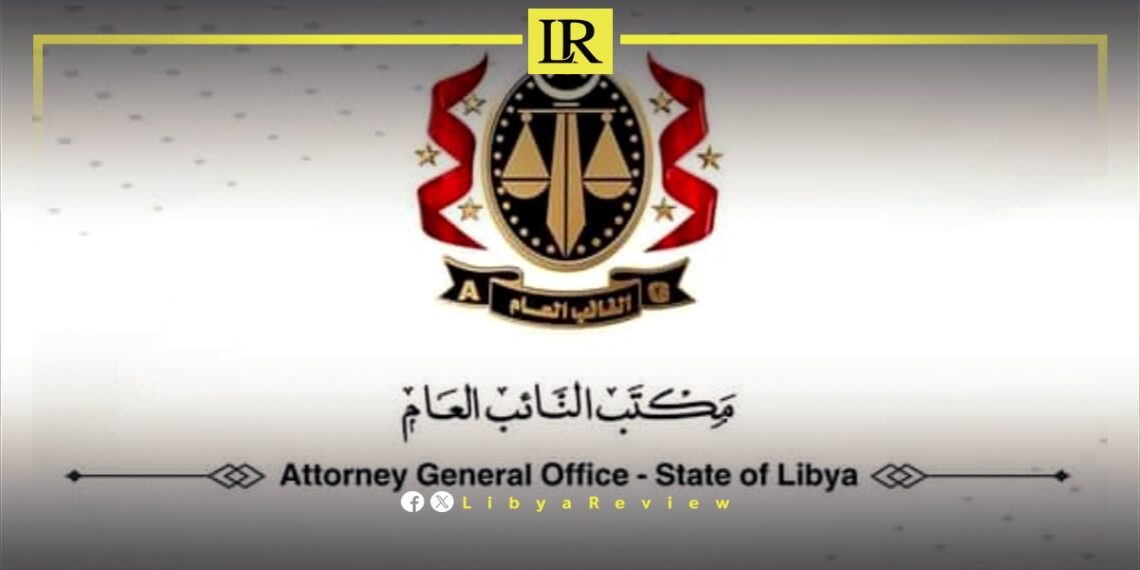The Libyan Attorney General’s office has announced the dismantling of a network involved in migrant smuggling and human trafficking. The operation led to legal actions against the accused individuals.
A statement released on Facebook by the office of the Attorney General last Saturday detailed that the General Directorate of Security Operations investigated activities related to gangs organizing illegal migration and human trafficking in the municipality of Ash Shwayrif.
Initial procedures confirmed the facts and identified those responsible. Security personnel, supported by military units from the Joint Force-South, began raiding the centers involved in the illicit activities.
Security forces documented violations affecting the rights of 1,300 migrants, some of whom were liberated from forced detention and torture used to extort money from their families for their release.
Law enforcement arrested a leader of the organization and ten members, including illegal migrants involved in committing murders, deprivation of liberty, torture, and rape.
The Attorney General’s office staff took charge of gathering information, conducting inspections, documenting victims’ testimonies, and investigating the incidents attributed to the arrested members of the organization.
Libya has been in chaos since a NATO-backed uprising toppled longtime leader Muammar Gaddafi in 2011. The county has for years been split between rival administrations.
Libya’s economy, heavily reliant on oil, has suffered due to the ongoing conflict. The instability has led to fluctuations in oil production and prices, impacting the global oil market and Libya’s economy.
The conflict has led to a significant humanitarian crisis in Libya, with thousands of people killed, and many more displaced. Migrants and refugees using Libya as a transit point to Europe have also faced dire conditions.
The planned elections for December 2021 were delayed due to disagreements over election laws and the eligibility of certain candidates. This delay has raised concerns about the feasibility of a peaceful political transition.
Despite the ceasefire, security remains a significant concern with sporadic fighting and the presence of mercenaries and foreign fighters. The unification of the military and the removal of foreign forces are crucial challenges.


